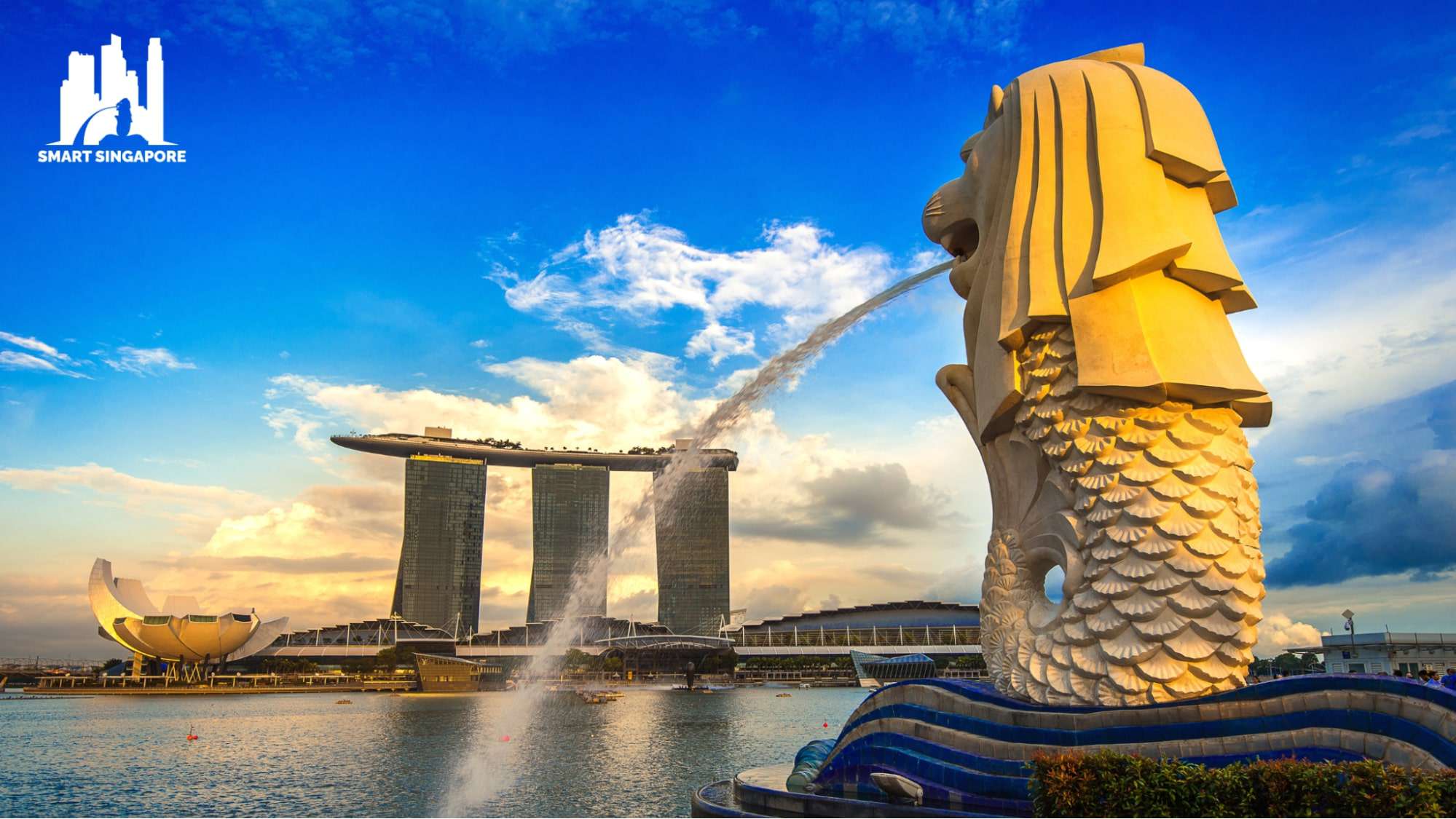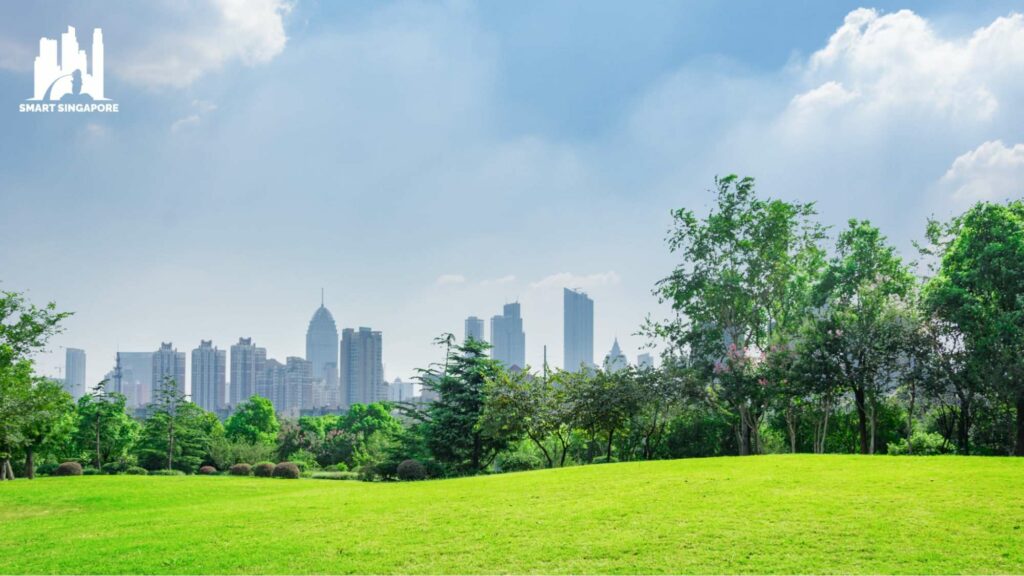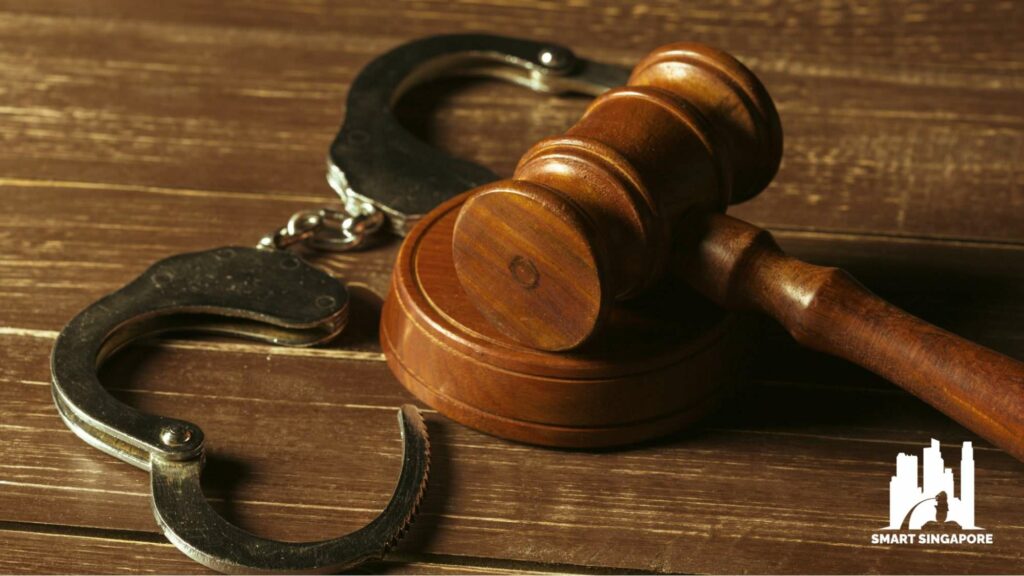Categories > Guides and Tips

A Deep Dive into the Reasons Why Singapore Is So Strict
- Why is Singapore strict?
- Keeping the city clean attracts foreign investors and tourists alike
- Example of Anti-Littering Laws in Singapore
- Low crime rate makes the country a safe place to live in and travel to
- Criminal Offences That Are Unique in Singapore
- The concept of obedience is part of Singaporean culture
As a part of the four “Asian tigers,” Singapore’s main allure comes from the fact that this small country has a thriving economy and is a hub for innovation.
However, in ensuring that Singapore maintains its place as one of the world’s wealthiest countries, the government has imposed stringent measures that people must obey to preserve and even bolster the country’s economic success.
Curious to know more? Join us as we go into details as to why Singapore, our beloved Lion City, is strict.
Why is Singapore strict?

We’re sure you’re already familiar with Singapore being referred to as “The Lion City.” However, there’s another lesser-known moniker for this country and it’s “The Fine City.”
If you’re a local, you probably already know about this double entendre.
But for people who are coming across this title for the first time, “The Fine City” could mean two things: Singapore is a fine country to live in and travel to or Singapore fines people over small violations.
The reason why Singaporean authorities are unyielding when it comes to punishing those that commit violations is that they need to maintain Singapore’s reputation as a safe and clean city.
This very reputation, which is also very much a reality, is what led Singapore to be the economic superpower that it is today.
Therefore, anti-littering laws and capital punishments for petty crimes still exist to this day.
And seeing how effective these laws are in sustaining Singapore’s economic success, they will probably govern the country for many more years to come.
Keeping the city clean attracts foreign investors and tourists alike

Despite being a metropolis, Singapore has found ways to strike a balance between nature and cityscapes. Even public spaces are without rubbish, which is why many laud the country for its cleanliness.
However, the country’s pristine state isn’t just to solve a cosmetic issue but is also an important tactic to attract investors and tourists alike.
So in order for public spaces to stay squeaky clean, the government launched anti-littering initiatives, that if not followed or taken seriously, would warrant punishments in the form of hefty fines and time in prison.
Example of Anti-Littering Laws in Singapore
The Environmental Public Health Act (EPHA) of Singapore contains every provision for the maintenance of cleanliness and public safety in the country.
We’ve listed some of the main littering offences and their corresponding fines which you can also find in the EPHA so that you’ll know just how severe the penalties are.
| Offence | Penalty |
|---|---|
| 1. Dropping and spilling of substances (liquid, sand, sawdust, and falling fragments of any article or thing) | Up to $2,000 Second conviction: Up to $4,000 Third or subsequent conviction: Up to $10,000 |
| 2. Discarding motor vehicle (canceled registration) and furniture or bulky article | Up to $50,000 Second or subsequent conviction: Up to $10,000 and/or imprisonment for up to three months |
| 3. Dumping/disposal of refuse/waste from a vehicle | Up to $50,000 and/or imprisonment for up to 12 months Second or subsequent conviction: Up to $100,000 and imprisonment between one month to 12 months |
Low crime rate makes the country a safe place to live in and travel to

Singapore’s effort to maintain peace and prosperity in the country is equally beneficial to its economy as it is to its citizens.
Therefore, harsh punishments are imposed on people who commit even the pettiest of crimes in an effort to keep crime rates low.
As a result, many Singaporeans’ quality of life has improved. On top of that, tourists from all over the world (which we know are essential to boosting the country’s economy) are more eager to visit Lion City.
Criminal Offences That Are Unique in Singapore
Like every other country in the world, Singapore is ruled by a legal system that covers all the common crimes like assault, criminal intimidation, theft, extortion, sex crimes, and others.
However, there are also some (weird) criminal offences in Singapore that you may not know of.
Below are the other criminal offences and penalties that you should know about when travelling to Singapore.
| Offence | Penalty |
|---|---|
| 1. Chewing gums that aren’t for medicinal purposes (nicotine gums) and aren’t sold in pharmacies | Up to $100,000 fine and/or two years in prison |
| 2. Smoking in a public place | Up to $150 fine |
| 3. Spitting and/or expelling mucus in a public place | Up to a $1,000 fine |
| 4. Jaywalking | Up to a $1,000 fine and/or three months in jail |
| 5. Feeding pigeons | Up to a $500 fine |
| 6. Drinking alcohol in public places between 10:30 pm to 7:00 am | Up to a $1,000 fine |
| 7. Singing a song in public that contains obscene lyrics | Three months in prison |
| 8. Urinating in public spaces that aren’t communal and/or private toilets | Up to a $1,000 fine |
| 9. Bringing drugs to Singapore | Up to a $20,000 fine and/or 10 years in prison |
| 10. Possessing drugs in Singapore | Up to a $20,000 fine and/or 10 years in prison, plus a capital punishment |
The concept of obedience is part of Singaporean culture
While punishments and fines are effective measures to prevent crimes, Singaporeans as a whole are a disciplined group.
This brand of discipline isn’t just merely a collective behaviour formed out of fear of punishment but is, in fact, also cultural.
Albeit being a multi-ethnic city-state in the present day, Singapore’s history and tradition can be attributed to Confucian principles that heavily revolve around obedience, responsibility, and a sense of duty.
Because the concept of obedience has been deeply embedded in the country’s culture, it makes sense why Singapore’s heavy-handed laws are effective to this day.





